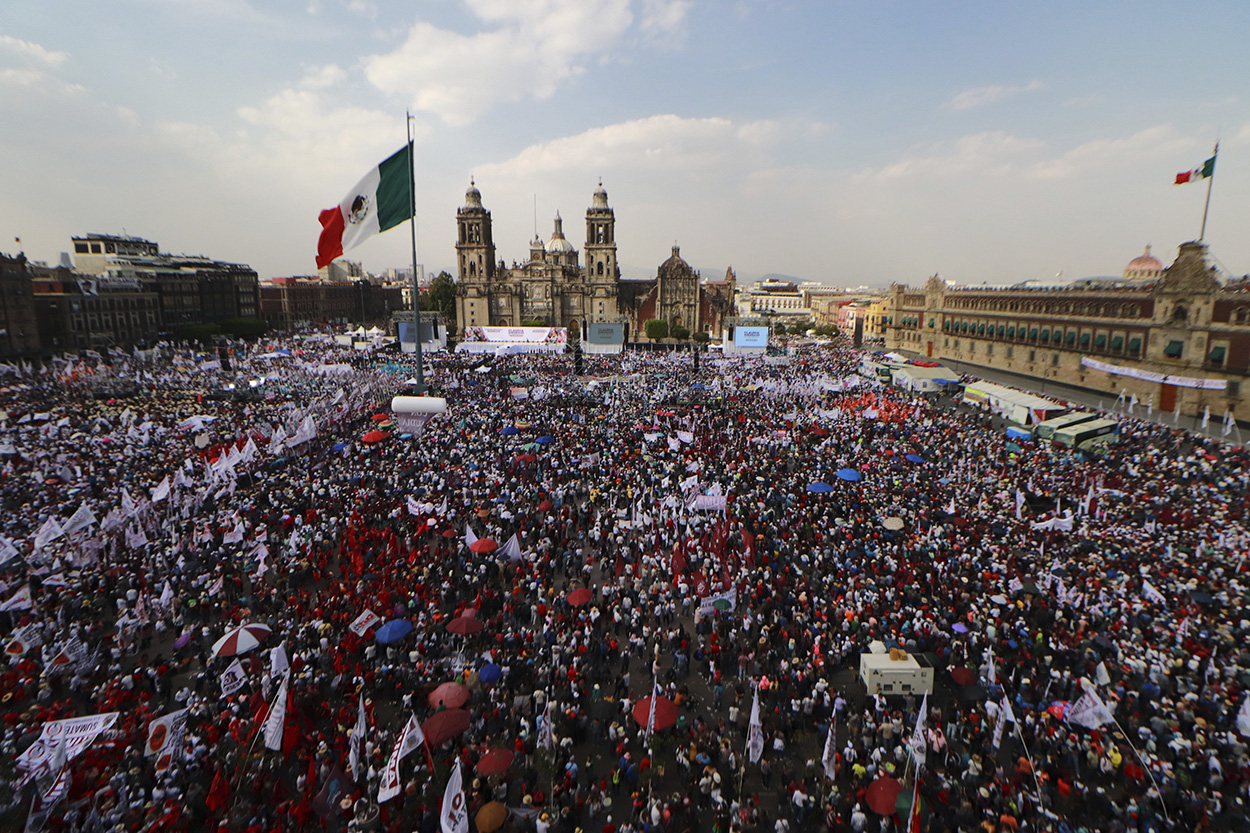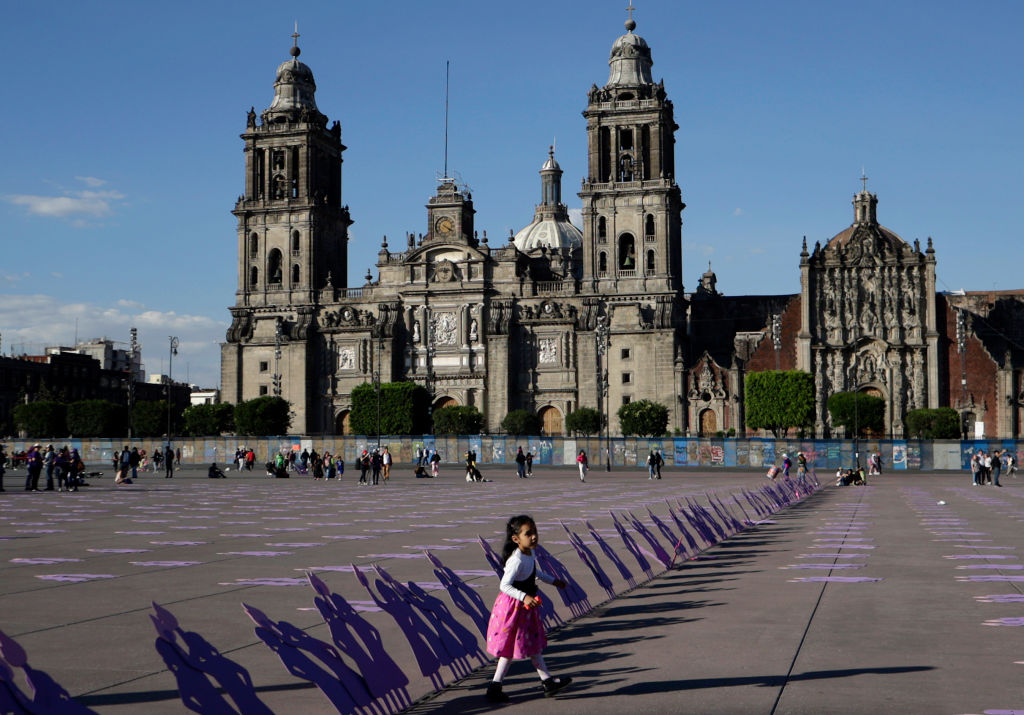Merida Initiative Under the Scope
Merida Initiative Under the Scope
As Mexico’s drug war grows more deadly, the U.S. house approves a proposed regional security program involving the United States, Mexico, and Central America. But the Merida Initiative still faces political hurdles.
The drug war in Mexico takes increasingly violent turns as cartels target high-level police officers, gun battles rage between gangs and security forces, and drug-related shootings continue to rise. In another sign of the escalating conflict, Guatemala announced plans to send troops to its border with Mexico in hopes of stemming the violence. Meanwhile, a three-year, multimillion-dollar regional security agreement known as the Merida Initiative faces challenges in U.S. Congress.
The initiative, named for the Mexican city where U.S. President George Bush met with his Mexican counterpart Felipe Calderón in March 2007 to discuss the project, involves $1.4 billion in funding for equipment, technology, and training with the goal of curtailing drug smuggling and related violence. Speaking at COA’s Washington Conference of the Americas, Bush urged Congress to “implement the strategy we proposed in full.” The initiative seeks to build on Calderón government initiatives, which included deployment of 25,000 Mexican troops throughout the country.
Both chambers of Congress approved initial funding of the initiative in their separate versions of the pending budget supplemental but must reconcile the legislation before final passage into law. The chambers differ from the Bush administration as Congress has thus far appropriated smaller quantities for Mexico during the first year of the initiative. While the White House recommended $500 million, the Senate approved $400 million and the House approved $350 million. Furthermore, on June 10, the House voted by 311 to 106 to adopt H.R. 6028, legislation authorizing further funding of the Merida Initiative from 2009 to 2011.
Human rights and legal conditions attached by both chambers—and particularly in the case of Senate legislation—to the drug aid package have riled some Mexican officials, who view the stipulations as a “certification” measure empowering Washington to scrutinize Mexico’s armed forces. After a weekend meeting in Monterrey between U.S. and Mexican lawmakers, Senator Christopher Dodd (D-CT) said, “Anything that smacks of certification is a nonstarter.” However, Senator Patrick Leahy (D-VT), who chairs the Senate Subcommittee on State and Foreign Operations, defended the conditions while voicing support for the plan.
The stipulations have set off nerves in part because, as analysts and officials point out, the drug war is a shared U.S.-Mexican problem. "The narco-violence in Mexico is not only undermining the safety and security of our friends to the South, but it is also fueling the drug trade and violence here in the United States," said Representative Eliot Engel (D-NY) while speaking on the floor during the House vote on the initiative. “The battle Mexico is waging every day takes the lives of Mexican policemen even though the majority of drug consumers are Americans,” remarked Calderón during a recent meeting with U.S. governors from border states. Also, the United States serves as drug cartels’ major weapons source; roughly 90 percent of 12,000 firearms confiscated by Mexican police could be traced back to north of the border. On Monday, officials from both countries pledged to step up efforts to slow arms smuggling to Mexico.
A Congressional Research Service Report for Congress outlines the components of the proposed Merida initiative, including how funding breaks down over the next three years for counternarcotics efforts, law enforcement support, and institution building measures. With a 50 percent increase in Mexico’s drug-related murder rate so far this year over 2007, the violence could harm investment, according to a BusinessWeek analysis. A Politico op-ed co-authored by Senator Dick Lugar (R-IN) and Mexican Ambassador to the United States Arturo Sarukhan points out measures inscribed in the Merida Initiative that aim to train and vet Mexican police and strengthen civil society “while complementing Calderon’s own initiatives on judicial and police reform."







